Search
Search Results
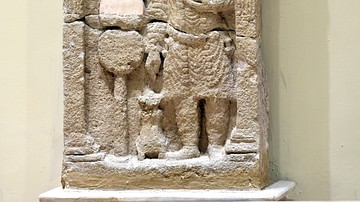
Definition
Parthian Culture
Stretching between China and India in the east to the Mediterranean in the west, Parthia ruled over one of the widest expanses of empire in its time and Parthian culture flourished for 500 years (247 BCE to 224 CE). While known for their...
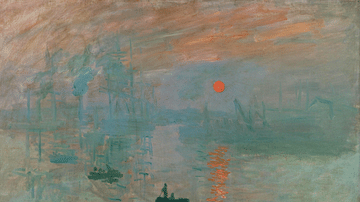
Article
The Paris Impressionist Exhibitions, 1874-86
The impressionist exhibitions in Paris through the final quarter of the 19th century were organised by a group of avant-garde artists who struggled to have their innovative works accepted by the art establishment. Although ridiculed by many...
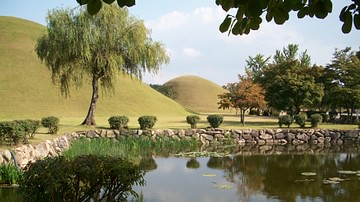
Interview
Interview: Korea-Japan Relations Through the Prism of Archaeology
Ancient East Asia was dominated by the three states known today as China, Japan, and Korea. The complex chain of successive kingdoms created a rich web of events that archaeologists have sometimes found difficult to disentangle; a situation...
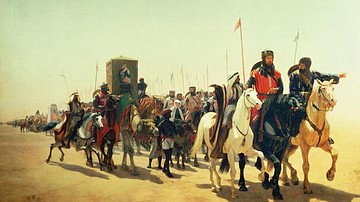
Definition
Crusades
The Crusades were a series of military campaigns organised by popes and Christian western powers to take Jerusalem and the Holy Land back from Muslim control and then defend those gains. There were eight major official crusades between 1095...
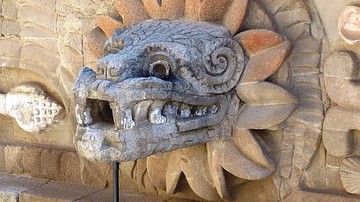
Definition
Quetzalcóatl
Quetzalcóatl (pron. Quet-zal-co-at) or 'Plumed Serpent' was one of the most important gods in ancient Mesoamerica. Quetzalcóatl was the god of winds and rain, and the creator of the world and humanity. A mix of bird and rattlesnake, his name...

Definition
Isabella I of Castile
Isabella I of Castile (1451-1504), was Queen of Castile (r. 1474-1504) and of Aragon (r. 1479-1504) alongside her husband Ferdinand II of Aragon (1452-1516). Her reign included the unification of Spain, the reconquest of Granada, sponsoring...
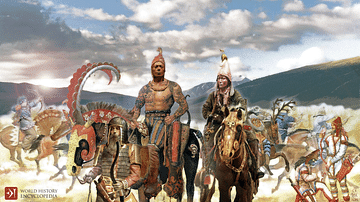
Definition
Scythians
The Scythians were a nomadic people whose culture flourished between the 7th and 3rd century BCE in a territory ranging from Thrace in the west, across the steppe of Central Asia, to the Altai Mountains of Mongolia in the east. This covers...
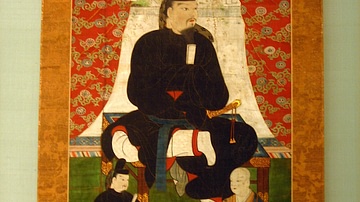
Definition
Fujiwara Clan
The Fujiwara clan (Fujiwara-shi) was a powerful extended family group which dominated all areas of Japanese government during the Heian Period (794-1185). Founded by Fujiwara no Kamatari in 645 CE, male members held on to key official positions...

Definition
Luddite
The Luddites, named after their legendary leader Ned Ludd, were workers who protested at the mechanization of the textile industry during the Industrial Revolution. From 1811 to 1816, the violent strategy of the Luddites was to smash the...
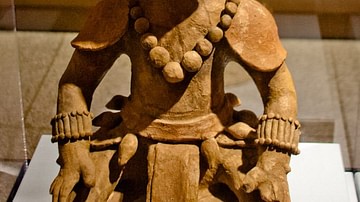
Definition
K'inich Yax K'uk' Mo
Yax K'uk' Mo' (pronounced `Yash Kook Mo') was the founder and first king of the dynasty that ruled the Maya city of Copan (in modern day Honduras) for 350 years. Known formally by his royal name, K'inich Yax K'uk' Mo', he reigned for eleven...